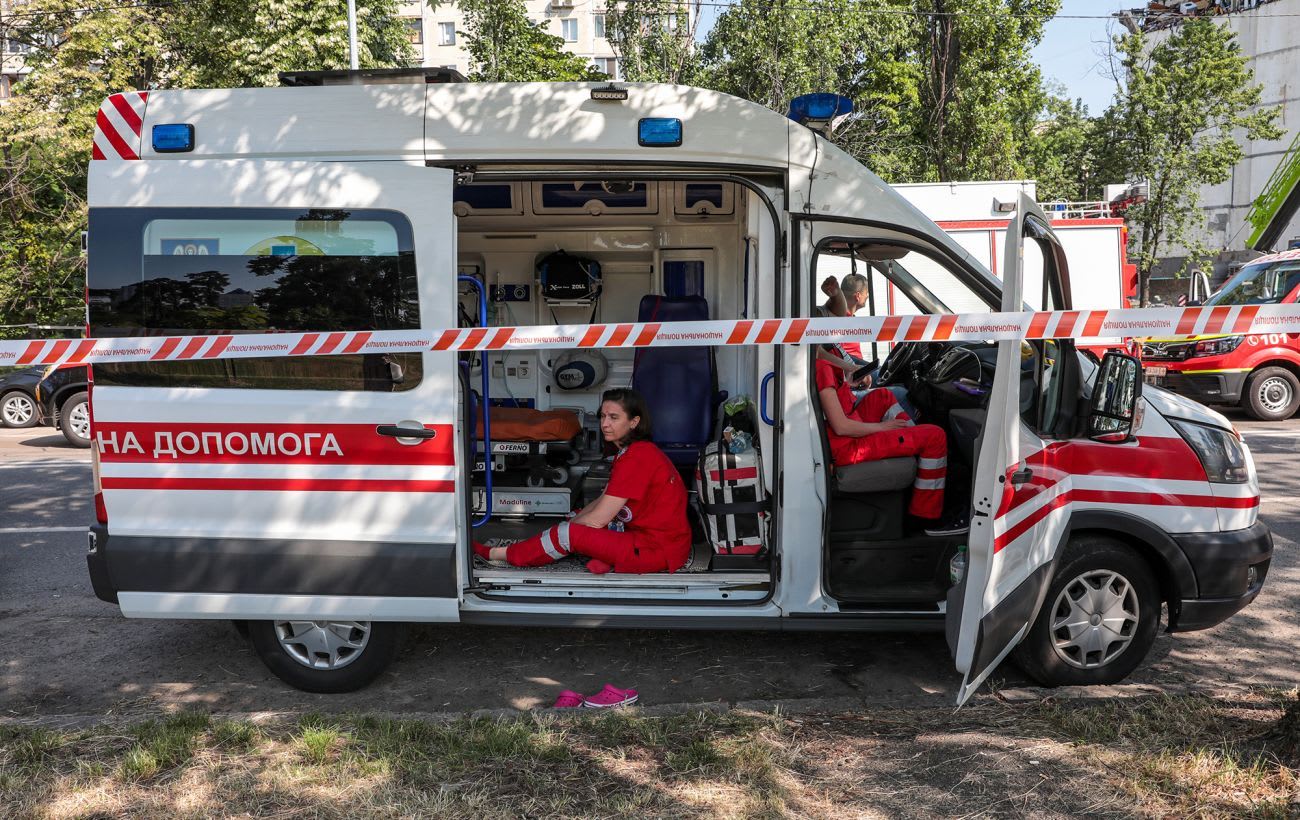A Man Injured in the July 14 Attack in Dnipropetrovsk Dies in Hospital
A man who was injured during a strike on the Dnipro district in the Dnipropetrovsk region has passed away in the hospital. This marks the first confirmed fatality from the attack, as reported by Serhii Lysak, head of the Dnipropetrovsk Regional Military Administration.
Lysak shared the news on Telegram, stating that a 51-year-old man succumbed to his injuries after being wounded during the assault on July 14. He emphasized that medical professionals had made every effort to save the man, but the extent of his wounds proved too severe.
Details of the July 14 Attack on Ukraine
The attack occurred during the night of July 13–14, when Russia launched a coordinated strike on Ukraine using a combination of missiles and drones. The assault involved four S-300/400 missiles and 136 attack drones, with up to 90 of them being Shahed drones.
Air defense systems managed to destroy 61 of the combat drones, while another 47 were neutralized through electronic warfare measures. Despite these efforts, the attack caused significant damage across several areas.
Impact on the Dnipropetrovsk Region
The city of Samar in the Dnipropetrovsk region was among the targets of the drone strike. Initially, reports indicated that the attack hit two districts, leading to fires breaking out. Three individuals were injured in the incident, including two girls aged 13.
In addition to the human casualties, the attack resulted in widespread property damage. Three houses, two garages, four outbuildings, and a section of forest caught fire. Seven cars were completely destroyed, while four others sustained damage.
Ongoing Challenges and Response
The attack highlights the continued threat posed by Russian military actions in the region. While air defense systems have been effective in countering some of the attacks, the scale and frequency of such strikes remain a serious concern for local authorities and residents alike.
Emergency services and medical teams have been working around the clock to manage the aftermath of the attack, providing aid to those affected and assessing the full extent of the damage. Local officials continue to monitor the situation closely, ensuring that necessary resources are allocated to support the community.
As the investigation into the attack continues, there is a growing call for increased international support and coordination to address the ongoing conflict and its impact on civilian populations. The loss of life and destruction caused by the strike serve as a stark reminder of the human cost of the war and the urgent need for peace and stability in the region.







